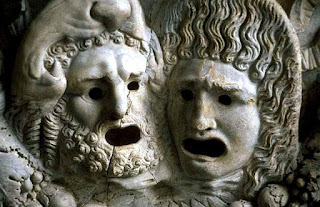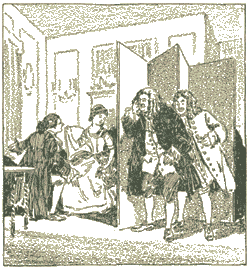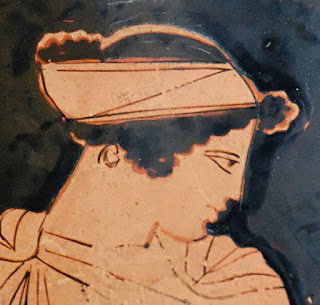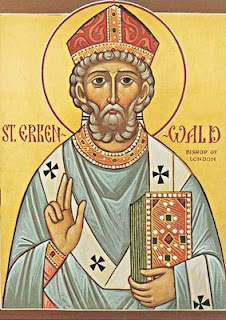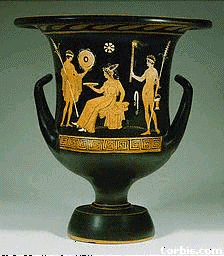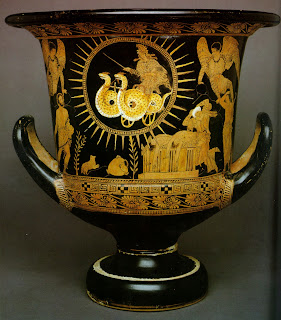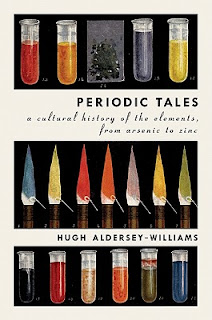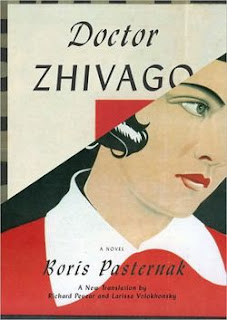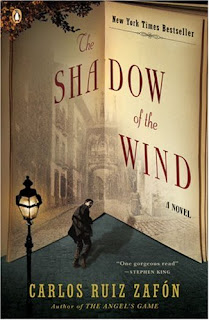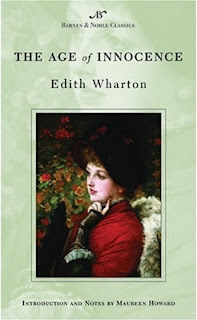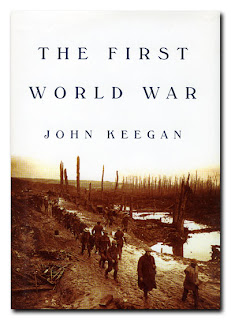Periodic Tales: a Cultural History of the Elements, from Arsenic to Zinc, by Hugh Aldersey-Williams I just love books like this, especially when they're about chemistry. (Also: such a pretty cover!) Aldersey-Williams meanders around the periodic table, giving us history, cultural meanings and associations, and science in about equal portions, with the odd personal story thrown in for fun. He divides the book into five sections called Power, Beauty, Craft, Fire, and Earth , and so there is a certain amount of coherence in the narrative. Since everything is made of elements, elements show up everywhere and the book has a little bit of everything. It's very fun. Aldersey-Williams is quite funny as well. I enjoyed his style and some of his stories made me laugh out loud. In a section about the discovery of iodine, he talks about Humphrey Davy's trip to France, which was both a scientific trip and a honeymoon journey. Davy thought science ought to bridge the animos
